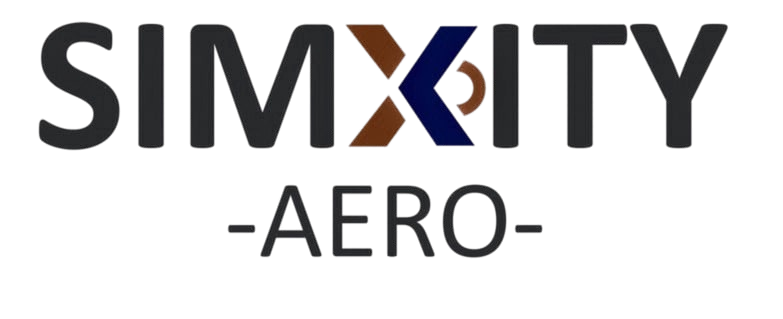Xitizen (XITZ(
Blockchain verified certificates represent a transformative advancement in the field of credential verification, utilizing blockchain technology to enhance security, transparency, and efficiency in the issuance and authentication of credentials. This innovative approach addresses the vulnerabilities and inefficiencies associated with traditional centralized credentialing systems, which can be susceptible to fraud and data manipulation. By leveraging the immutable and decentralized nature of blockchain, verified certificates provide a tamper-proof solution that empowers individuals and institutions alike to ensure the authenticity of qualifications and credentials in a wide array of sectors, including education and healthcare.[1][2][3]
The utility of blockchain verified certificates is exemplified through their implementation in various applications, such as digital diplomas and professional certifications.
This technology enables users to maintain control over their credentials via digital wallets or decentralized identifiers, allowing for seamless access and management. The process of verification is streamlined, as employers and institutions can independently confirm the legitimacy of certificates without the need for intermediaries,leading to significant reductions in time and administrative costs.[4][5] Furthermore,the integration of cryptographic echniques ensures the security of certificate data, mitigating risks of forgery and enhancing trust among stakeholders.[3][6]
Despite the promising advantages, the adoption of blockchain verified certificates is not without challenges. Concerns regarding privacy and data protection must be addressed, particularly in ensuring that sensitive information is secured while maintaining the transparency that blockchain offers. Issues such as human error, regulatory compliance, and the potential for sybil attacks also pose risks to the integrity and efficacy of these systems.[7][8][9] As the landscape for blockchain technology continues to evolve, navigating these challenges will be crucial for the widespread acceptance and implementation of blockchain verified certificates.[10]
In summary, blockchain verified certificates are reshaping the credentialing landscape by providing a secure and efficient means of validating qualifications. As organizations and governments increasingly explore blockchain applications, the relevance of this technology in safeguarding and managing credentials will likely expand, offering robust solutions to enhance trust and reduce fraud in credential verification systems.[1][4][5]











